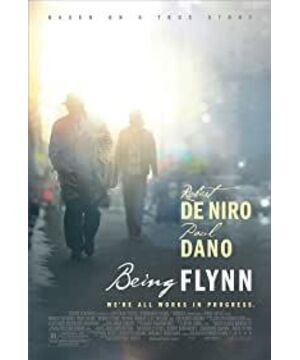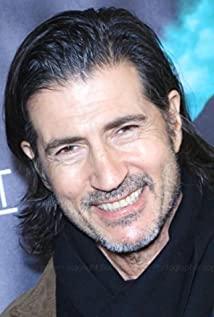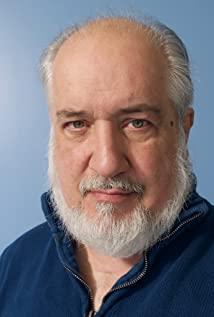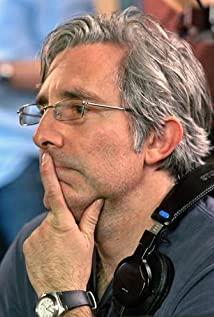Nick's father, who had left his wife and children long ago, often wrote to his son, boasting that he was a great writer, but was in fact a convicted convict jailed for cheating and then a rough sleeper. Nick was influenced by his father and also aspired to be a writer. Ironically, the two father and son met again in the homeless shelter in the end, but they did not embrace each other warmly and reunite, but Mars hit the earth. Nick's mother committed suicide long ago and was orphaned; however, his father's absence from home still exerted influence, causing Nick to live in the same ignorance and vices as his father. Robert. De Nilu's excessive acting skills are already familiar, and it is reasonable to play this drunk and manic role. Old Flynn was a taxi driver before his rough-sleeping career. I don't know if it's a subversion or an anti-climax. If the restlessness in the heart of Travis Bickleh, the protagonist of the classic movie "Taxi Driver" doesn't turn into violent action, will he be old when he is old? Become a bad old Flynn who only knows how to brag?
Whether it's an action hero or a socially realistic subject matter, Hollywood's America is violent. Action heroes are extroverted violence against "intruders"; social realism is about inner violence, tearing down families and minds. Nick's mother was depressed, his father was manic, and he couldn't bear to use drugs to escape. But the film is still optimistic in the end, telling the world that the "American Dream" of the losers is real - in addition to social assistance such as charitable organizations, literature also brings people hope. Nick finally returned to campus and finally became a writer. As his father said, "I made you", the father's claim to be a writer is probably nonsense, but the son turns it into reality. This is the power of writing.
(Originally published in am730 "730 Perspective" July 16, 2012)
View more about Being Flynn reviews











